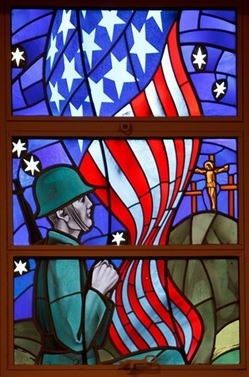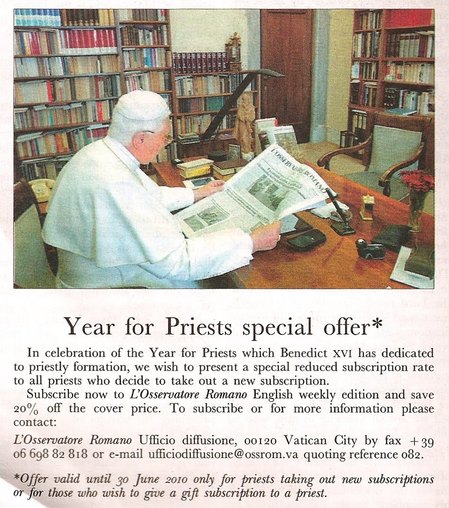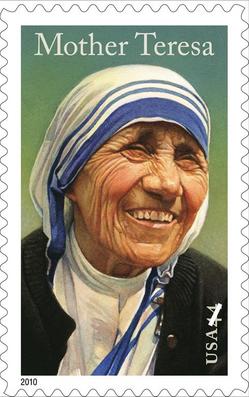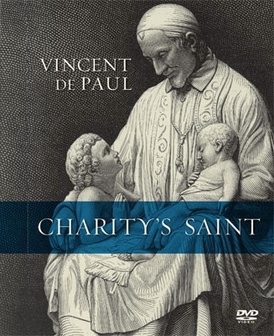Every time we get a new Supreme Court Justice nominee, I cringe because of the craziness that goes on at the confirmation hearings: it's not only about philosophical attachments but political mud-raking gets too personal at times. Nonetheless, I'm interested to see how the various ideologies of left and right are daily worked out and the interplay of the culture wars, which haven't changed all that much over the years: same ideas, different clothing. As always religion plays a role in our life: some commentators are too worried about the religious configuration of the US Supreme Court, and some seem not worried enough. Is there a middle ground? With the US President's choice of Elena Kagan as a Supreme Court candidate we realize that there's no Protestant on the bench but there are 6 Catholics of some type and 3 Jews, who also seem not to be too interested in practicing their faith. Exactly, what role does religion play today and are we approaching religion (the practice of faith) on its own terms, or are we reducing it to fit our image and likeness, our own warped standards? Have no fear, Monsignor Lorenzo Albacete helps to define our terms in this week's Il Sussidiario.
President Obama's nomination of Elena Kagan to be the next
Supreme Court Justice has opened up a new front in the cultural battle that
characterizes politics in the United States at the present time. Any observer
can write the script of what the response to her nomination will be like. In
fact, on this first day since the nomination the media has already defined the
different ideological positions involved in the struggle, and unless something
entirely unforeseen takes place, nothing new will be said between now and
sometime in July when the Senate votes for or against the nomination.
If the
nomination is approved, it will be the first time that there are no Protestants
in the Supreme Court. There will be six Catholic Judges and three Jewish,
including Kagan. It is difficult to imagine that many of the Catholic Senators
will be influenced in their vote by their Catholic faith, and the Jewish
Senators will almost be sure to insist that their judgment on the nomination
has nothing to do with faith.
But what exactly is the Catholic view on how
faith influences culture? The Christian claim is that faith is a way of knowing
reality. Faith and knowledge of what is real cannot be separated.
This view of
the relation between faith and knowledge has important consequences for our
understanding of the relation between faith and culture, because the culture in
which we live is built precisely on the separation between faith and knowledge
of reality.
In his magnificent book Beyond Consolation, John Waters puts it
this way:
"Our cultures, therefore, no longer affords us a way, in the
conventional public arena in which we spend so much of our time, of seeing
ourselves as we really are. Religion, the means by which we once achieved a
semantic accommodation with total reality, has been discredited by a pincer
movement between the reductions and abuses perpetuated in the name of religion,
and the opposing reaction from outside. One side claims the franchise for
redemption, the other victory over unreason... Stripped of their language of
absolute reality, our cultures begin to squeeze and oppress us in ways we are
incapable even of perceiving. What we have lost has been a loss to ourselves,
to our essential humanity, and yet we have been persuaded to read it as
liberation. We respond to invitations to celebrate our victory over traditions,
as though oblivious that we have half-sawn through the branch we are sitting
on...we have created for ourselves a culture that in many ways denies our
humanity."
 Let us pray for the women and men who gave their lives for freedom in the United States of America
Let us pray for the women and men who gave their lives for freedom in the United States of America




